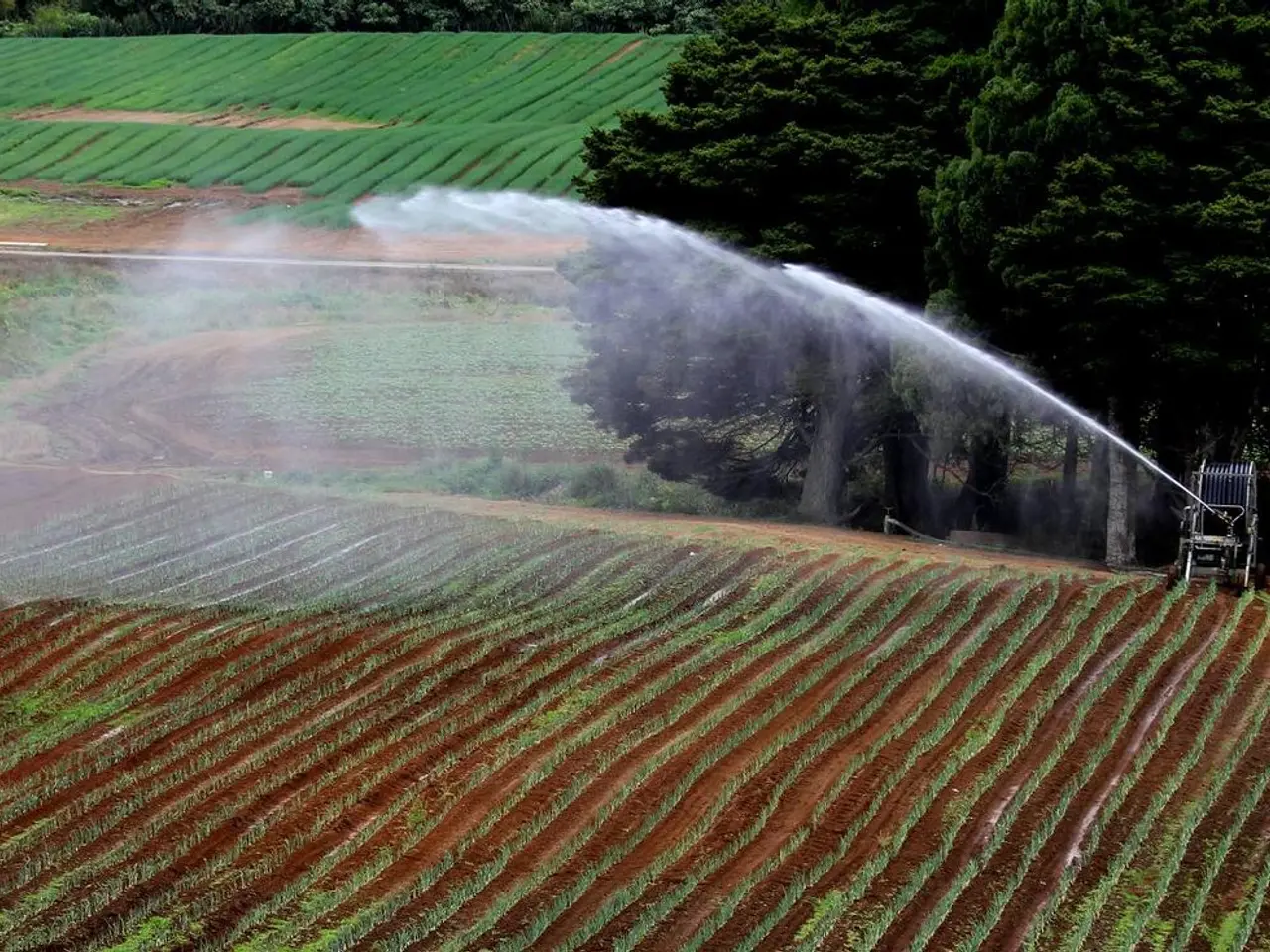Deforestation and Mining Profits in Brazil Remain Unpredictable
In a recent study published in the prestigious journal Nature Communications, researchers have delved into the impact of industrial and garimpo mining on forest loss and economic gains within Brazilian municipalities. The comprehensive study, titled "Forest loss and uncertain economic gains from industrial and garimpo mining in Brazilian municipalities", has shed light on the complex relationship between natural resource extraction and the environment.
The research, conducted by a group of authors, employed an advanced spatial econometric framework to analyse data across several hundreds of Brazilian municipalities. The findings reveal that while both industrial and garimpo mining contribute to deforestation, industrial mining tends to generate more measurable economic benefit than garimpo mining.
Mining operations have far-reaching ecological consequences, including contamination of soil and water systems through the release of heavy metals and toxic substances. The study underscores the critical paradox faced by many developing regions: the pursuit of short-term economic gains through natural resource extraction often leads to irreversible environmental destruction, jeopardizing long-term prosperity.
The study also reveals that garimpo mining often falls short of providing promised economic gains and contributes disproportionately to environmental harm. Municipalities with high garimpo activity are frequently located in regions that are otherwise marginalized, with weak governance institutions and limited access to formal markets.
Policy implications from the study suggest encouraging formalization and regulation of garimpo activities to mitigate environmental harm and increase local economic returns. Fostering alternative livelihood opportunities aligned with conservation goals could reduce communities' dependency on mining and preserve forest ecosystems.
The authors advocate for enhancing cross-sectoral collaboration involving governmental agencies, civil society, and the private sector for integrated policy frameworks. Integrated policy frameworks that align environmental protection with sustainable economic development are essential for reconciling competing land uses and ensuring rigorous environmental impact assessments and compliance mechanisms.
As Brazil navigates its path forward, this research emphasizes the urgency of balancing economic ambitions with ecological stewardship to safeguard the invaluable legacy of its forests. Brazil's forests, particularly within the Amazon basin, serve as a cornerstone for global biodiversity and carbon sequestration.
Moreover, the study provides crucial insights for international conservation initiatives and sustainable development goals. Technological advancements in satellite monitoring have been instrumental in detecting mining-induced deforestation with greater precision. The boom-bust nature of mining markets exacerbates economic volatility, undermining resilience among vulnerable populations.
The study highlights the necessity of integrated land-use policies that consider the cumulative impacts of different economic activities on forest sustainability. As the world continues to grapple with the challenges of resource extraction and environmental conservation, this research serves as a reminder of the importance of striking a balance between economic growth and ecological preservation.








